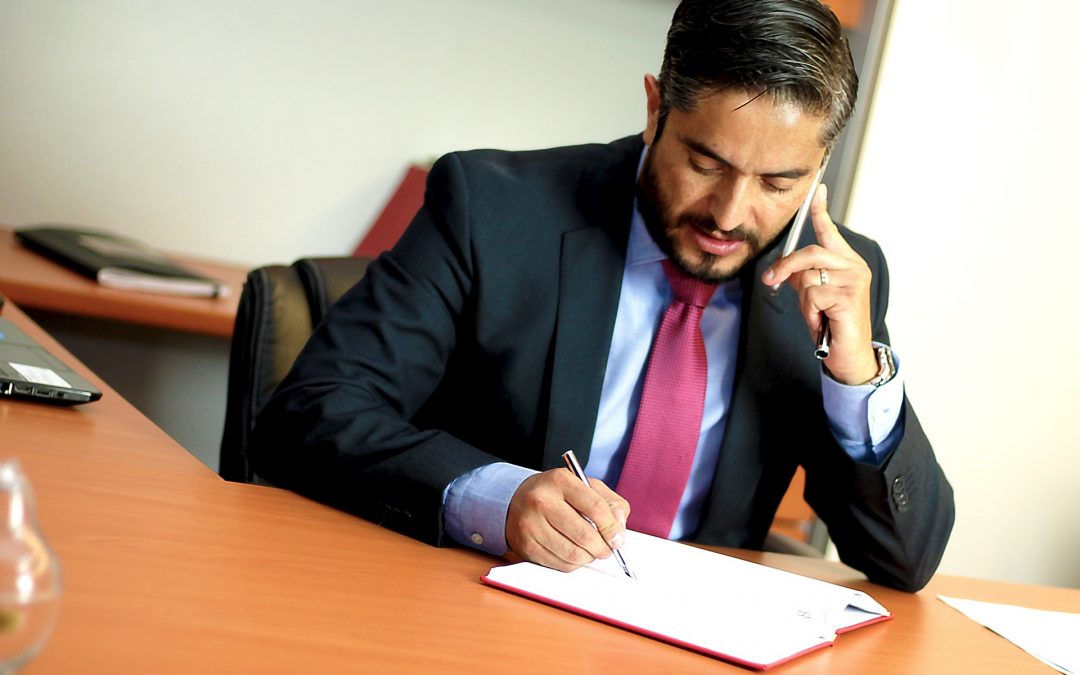The claimant (and his/her partner, if they want to come) should attend a personal injury mediation, along with one competent lawyer. Whether the lawyer is counsel or solicitor doesn’t matter. If counsel attends, the solicitor should be at the end of a telephone, to talk to the client (if necessary) or to advise on costs.
At a few mediations it may be useful to have two lawyers, so long as their skills and experience complement each other. The solicitor may have good client communication skills and the mediation advocate (whether counsel or another solicitor) may have the advocacy skills that are needed to put forward the client’s case persuasively. More than two lawyers are very rarely, if ever, needed at a mediation.
On the defendants’ side, the same principles apply to the attendance of lawyers. Unless the parties’ solicitors don’t “get on”, the presence of one solicitor will usually suffice. In a claim of any size (or difficulty) the presence of a representative of the insurers is virtually essential.
I remember one deadlocked mediation at which I was eventually asked to speak by conference call to two absentee insurers because their lawyers felt I might be better able to explain things to them. (The mediation settled within the hour). I remember a very heavy mediation where the insurers present were unable to persuade their absent co-insurers of the merits of the settlement on offer. A very expensive visit to the courts then followed. And I remember another at which it turned out that the insurer present had not been given adequate authority to settle. This caused great delays until a more senior representative was found who could endorse the recommended settlement.
An added advantage of having insurers present is that it gets them out of the office to meet the claimant and his/her representatives face to face. This is often a valuable learning experience in itself.



